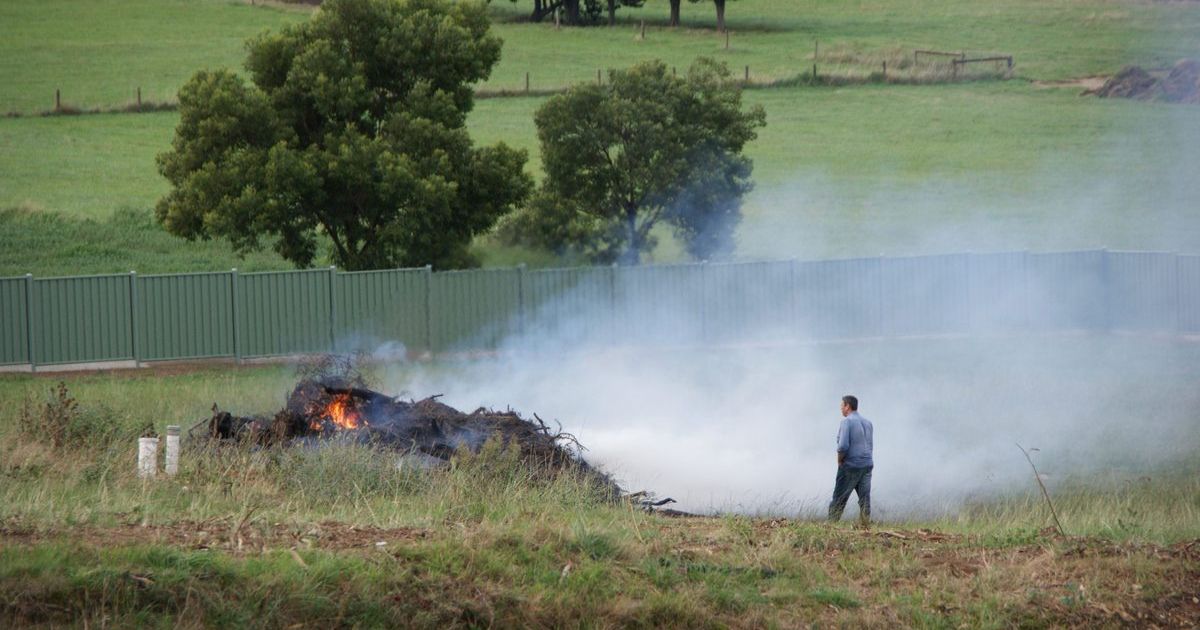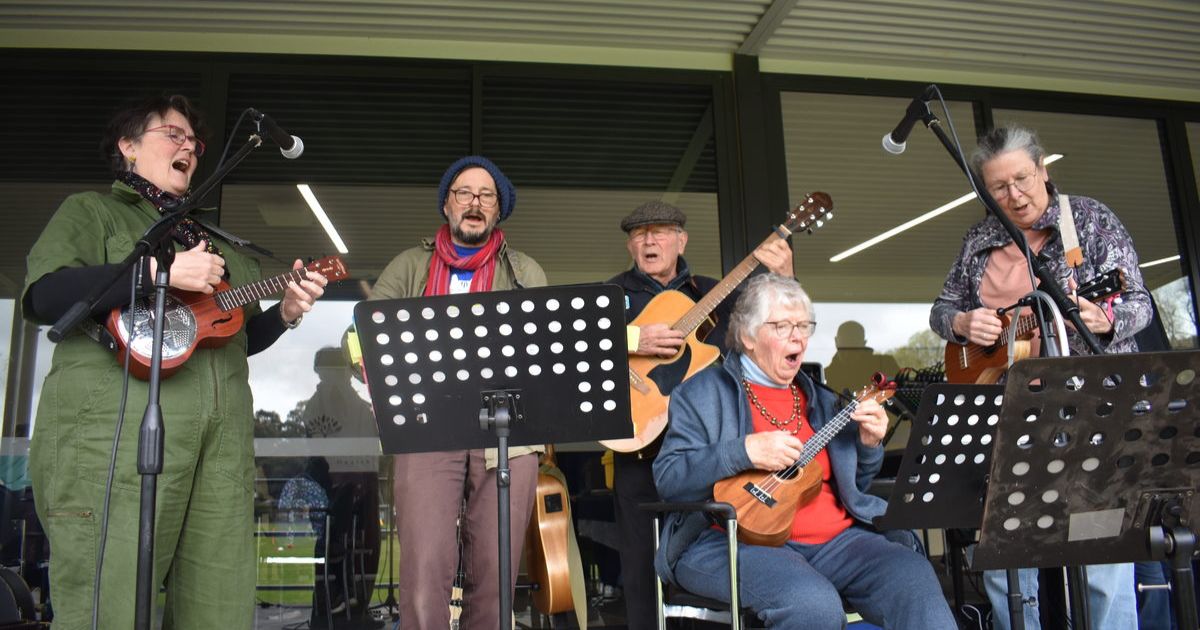‘Tis the season: a Heathcote Christmas in the 1860s

Bush idyll: Despite a nostalgic yearning for all the trappings of an old-fashioned British Christmas, Australians made their own traditions. This 1865 engraving is titled "Christmas in Australia." Image: FREDERICK GROSSE/STATE LIBRARY OF VICTORIA
CHRISTMAS on the goldfields in the 1860s could be challenging.
Air-conditioning and refrigeration were non-existent, and for many Europeans their loved ones were half a world away.
Even for those with family and friends in Melbourne, the journey could take days rather than the 90-minute car trip of today.
Old traditions struggled in a new country where the festive season fell in summer rather than winter.
In an article published on Christmas Eve 1863, the McIvor Times editor wrote about the tensions between the old and the new.
“We confess that with us, as with other people, a slight inclination exists to keep up the old-fashioned style of a Christmas dinner at home – an enormous joint of roast beef, and plum pudding to match, all hot, and emitting a sufficient quantity of steam to produce a miniature fog,” he wrote.
He went on to note that, in the British Isles, warming food and active games “with the assistance of a good sea coal fire, produces sufficient warmth to neutralise the effects of the cold weather outside, and make everything comfortable and pleasant within.”
“When the great rush to Victoria took place, the Christmas dinner, and the whole paraphernalia of a regular Christmas feast, were often produced,” he wrote.
“Not because they are suitable to the climate but because it was a custom at home.
“Is there a person who has been in this country since the great-rush, who has not witnessed the ridiculous attempts to keep Christmas as it is kept at home, with the thermometer at 100 degrees in the shade.
“It is positively painful to see a dozen people sit down in a room to a steaming hot dinner, and, every one of them, actively engaged in battle with a hit of blow-flies, which, in spite of the number of killed, wounded, and drowned in the gravy, still contest the right of possession to the beef, while large reinforcements continually arrive from somewhere and render the slaughter useless.”
But he observed that things were changing.
“Great numbers, in spite of the old custom, prefer cold ham and chickens under a gum-tree on the banks of a river or creek, while sherry and water and shandy-gaff take the place of hot punch,” the editor wrote.
A fortnight earlier, a small notice in the paper had invited locals to a cooler celebratory option.
“A public picnic party, in connection with the Wesleyan Church, will occupy the Police Reserve paddock, on the banks of the Wild Duck, on Christmas-day,” it read.
“This will afford a first-rate opportunity to those who would prefer rural and alfresco amusement, cold viands, and pretty scenery to the steam and bustle of an orthodox Christmas dinner at home.”
An item in the McIvor Times in April 1867 showed how memories of British Christmases were often rose tinted.
“James Campbell, late manager of the local branch of the Oriental Bank, who is now in London, has written to Mr Hay,” it read.
“In his letter he complains of the severity of the winter in London, and the inevitable inconvenience and positive hardships to be endured.
“Our stately friend, who used to walk in Heathcote like a Roman Senator is supposed to have done at Rome, says he is doubled up with the cold. and that he has not had full use of his legs since he has been in England.
“He is not singular in this; he often meets with those who have, like himself, become used to half-roasting in Victoria, but who are now on a visit to the glorious old Island, where the oak and the ivy embrace each other, and Christmas comes as he did in the good old times, surrounded with frost and snow.
“Mr Campbell says every one he meets who have been to Victoria would gladly forego the romantic surroundings of an English Christmas to pass through a Victorian summer in preference to an English Winter.”

















